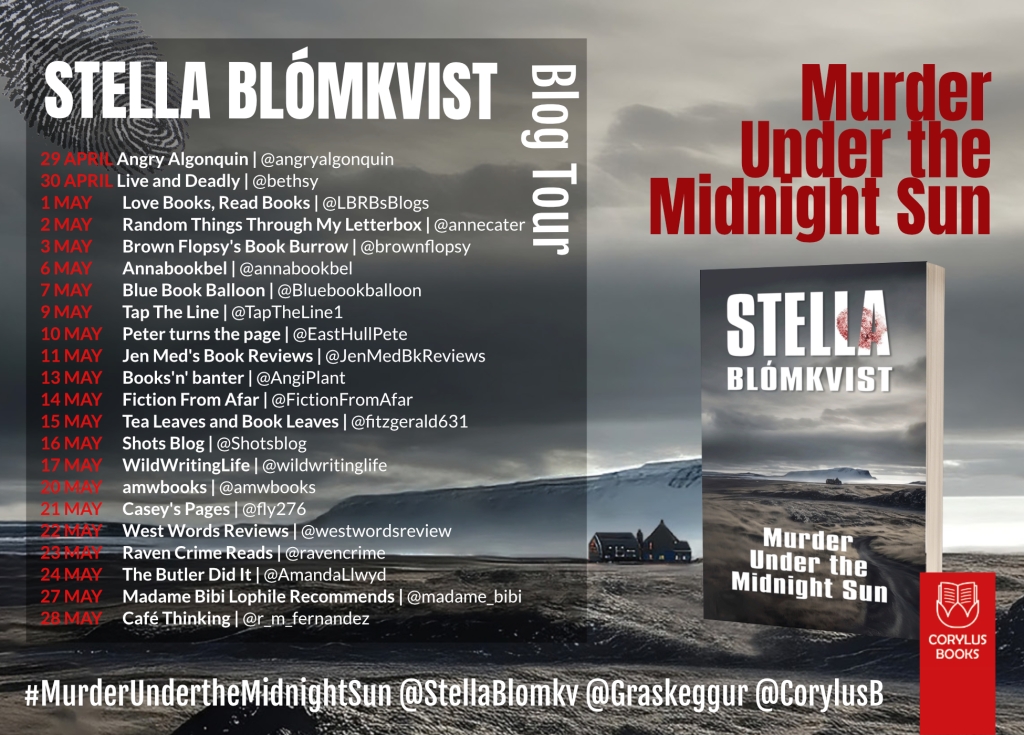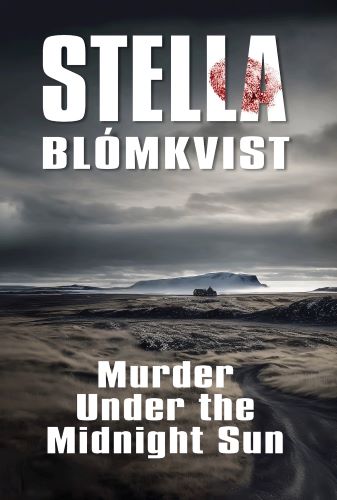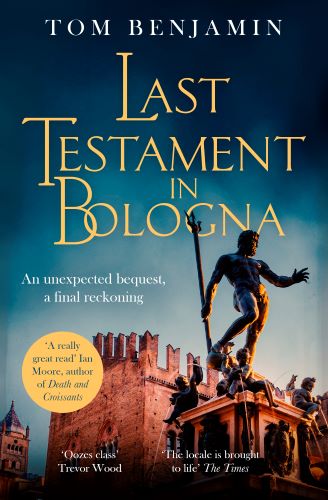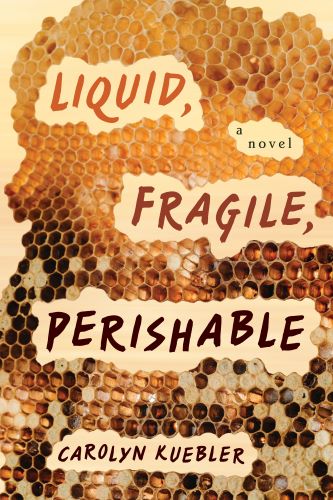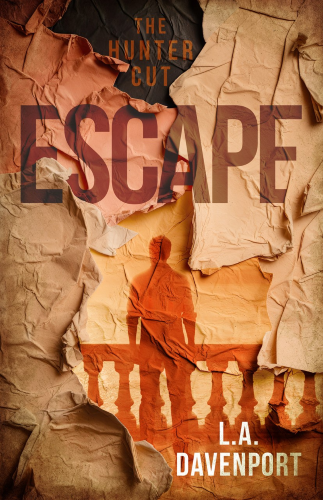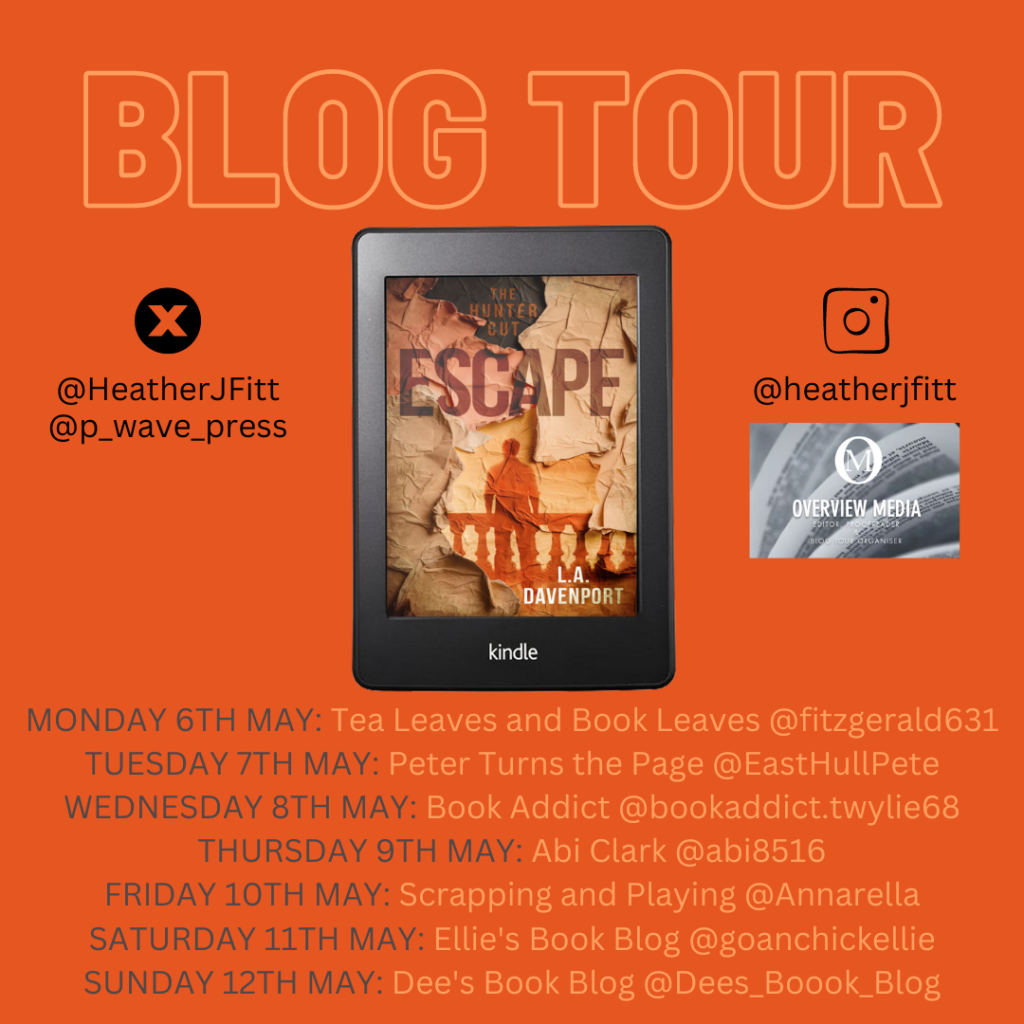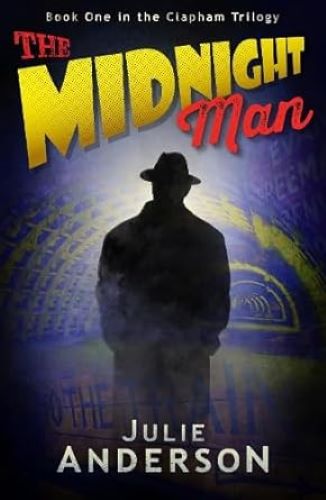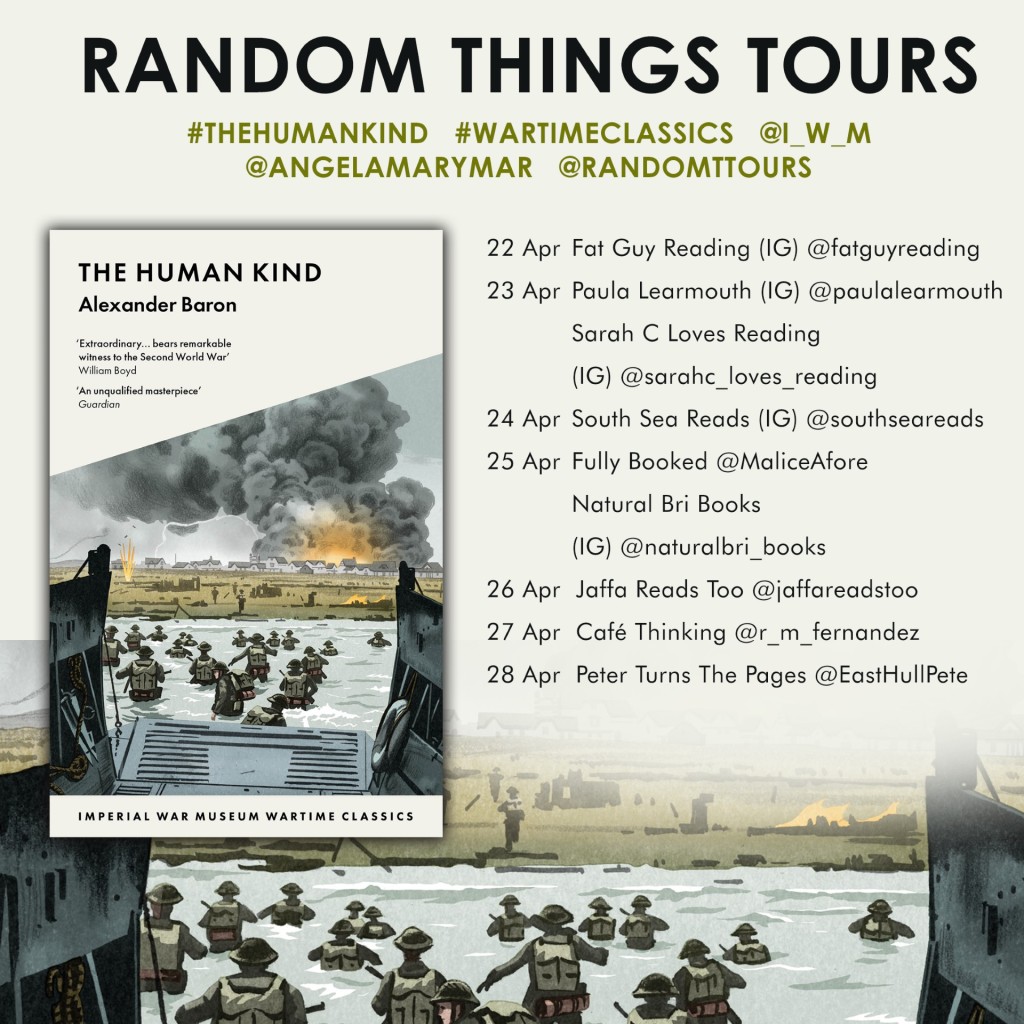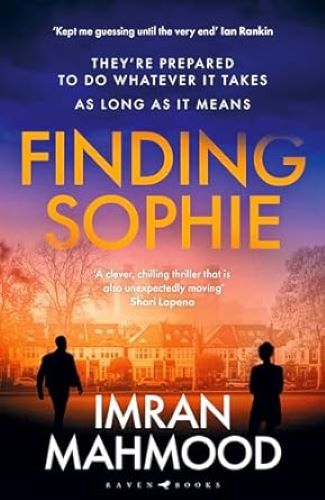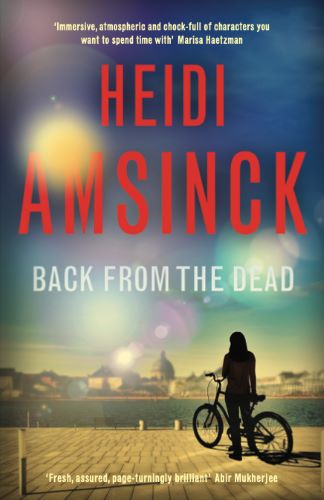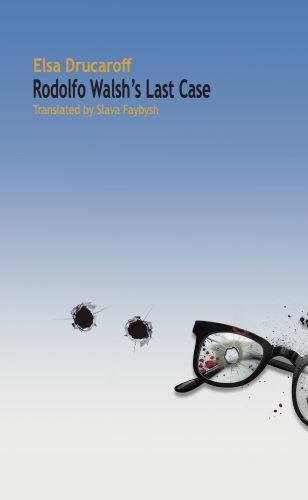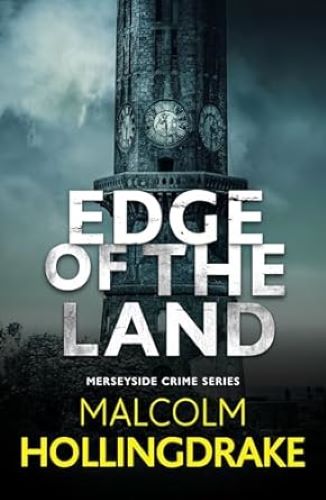By Stella Blómkvist
Translated by Quentin Bates https://graskeggur.com/ @graskeggur
Published by Corylus Books https://corylusbooks.com/ @CorylusB
285 pages ISBN 9781739298944
Publication date 3 May 2024
Murder under the Midnight Sun is the second novel in the Stella Blómkvist series that has been transferred into English. Click on the link to read my review of the first book in the series Murder at the Residence.
Stella Blómkvist has been a bestselling series in Iceland since the first book appeared in the 1990s, and has attracted an international audience since the TV series starring Heiða Reed aired. The books have been published under a pseudonym that still hasn’t been cracked. The question of Stella Blómkvist’s identity is one that crops up regularly, but it looks like it’s going to remain a mystery…
I was sent an electronic copy to enable me to take part in this Blog Tour. I would like to thank Ewa Sherman @sh_ewa for the invitation to participate and of course the Author and the Publisher.
The Cover
The bleak beauty of Iceland on show but with a bloody fingerprint. Love it.
My review
A dapper businessman visits Stella with an unusual request of her. His niece Julia MacKenzie was last heard of in Iceland nine years earlier and the police investigation threw up few clues as to her whereabouts. Now his sister is dying of cancer, and they want Stella to re-open this cold case and find out once and for all what happened to Julia, to bring some kind of closure.
Stella’s friend the old hack Máki is busy beavering away for his blog and believes he has hit paydirt. A contact is leaking important documents proving espionage on the island during the Cold War. It has caused a bit of a stir and now the establishment is putting him under pressure to name his sources, so he needs Stella’s professional help.
As if she was not busy enough, Stella gets a call from a desperate TV presenter who she has recently worked with on filming a programme, one where Stella manged to find a severed arm in the ice. Her husband has just been charged with the frenzied murder of her father and her best friend so she’s desperate for help.
Plenty to occupy our heroine and top up her Stella Fund!
Once again, we have a lot of incidents and plot strands packed into a remarkably short novel. It will come as no surprise that the story quickly gets started and from then on progress is relentless. Despite this, there is still room for the characters to develop and express themselves. What is missing is any excess padding; stylistically there is a touch of the hard-boiled but without the detailed descriptions and acute observations. The author paints with a broad brush but with great confidence using bold, decisive strokes. Like her heroine of the same name, she knows what she wants to achieve and how to do it.
Stella is a fabulous central character, certainly arresting, sometimes captivating but perhaps not always completely likeable. Stella is one of life’s determined winners, a go getter with a can-do attitude whose absolute focus can make her seem a little cold or self-centred at times. She is a thoroughly modern, emancipated woman used to getting what she wants, be it in her search for the truth or for a sexual partner. Her sexual appetite is voracious, be it for men or women, and she’s very fond of Jack Daniels. There is a softer side though, as can be seen when she is with her young daughter Sóley Árdís.
To the reader’s great delight, she is also impulsive and headstrong, so we know she is not going to balk at danger, which she inevitably finds herself in. She may be a lawyer but she’s not one for the courtroom, this lady is more like a hard-bitten private eye, and she can deliver a put down.
The plot strands are intricate and quite twisty for such a short novel but come together pleasingly in the end. In Stella’s quest for the truth, she manages to uncover a series of secrets, lies and crimes from the past. Its not just the embers of the political past that is raked over, we discover more about Stella’s early life and there is an unexpected reunion.
The motivations and themes included are complex too, there is love and betrayal, some forgiveness but the driving force is revenge. As a nation that on a world stage still appears close-knit and insular, family and community ties figure throughout.
Great work from Quentin Bates in translating from the Icelandic but capturing its individuality and soul. The quirkiness from the first novel is still there, the car being referred to as the ‘silver steed’, the police as the ‘city’s finest’ as well as her mother’s epigrams on the nature of life. What humour there is, is as black as coal and as dry as a bone.
Murder under the Midnight Sun is cracking Nordic Noir with a compelling central character. Love her or hate her but Stella Blómkvist is impossible to ignore.
Murder under the Midnight Sun can be purchased via the publisher’s web site here
The author

Stella Blómkvist has been a bestselling series in Iceland since the first book appeared in the 1990s and has attracted an international audience since the TV series starring Heiða Reed aired. This series features tough, razor-tongued Reykjavík lawyer Stella Blómkvist, with her taste for neat whiskey, a liking for easy money and a moral compass all of her own – and who is at home in the corridors of power as in the city’s darkest nightspots.
The books have been published under a pseudonym that still hasn’t been cracked. The question of Stella Blómkvist’s identity is one that crops up regularly, but it looks like it’s going to remain a mystery…
The Translator
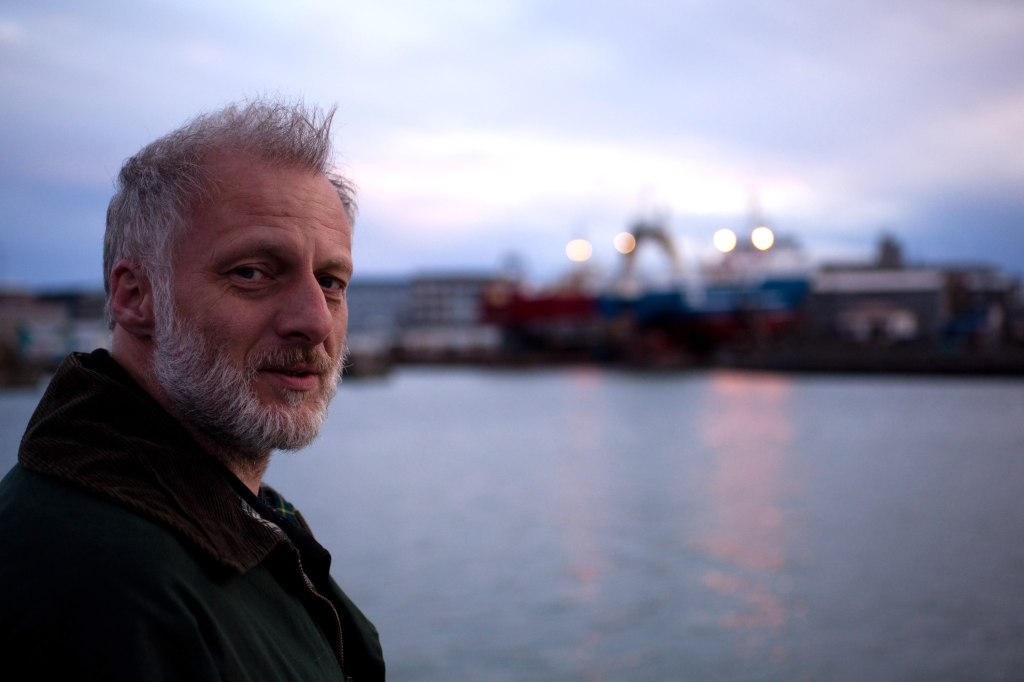
Quentin Bates is a writer, translator and journalist. He has professional and personal roots in Iceland that run very deep. He worked as a seaman before turning to maritime journalism. He is an author of a series of nine crime novels and novellas featuring the Reykjavik detective Gunnhildur (Gunna) Gísladóttir. In addition to writing his own fiction, he has translated books by Guðlaugur Arason, Einar Kárason, and crème de la crème of the Icelandic crime fiction authors Lilja Sigurðardóttir, Óskar Guðmundsson, Jónína Leósdóttir, Sólveig Pálsdóttir and Ragnar Jónasson. Quentin was instrumental in launching IcelandNoir, the crime fiction festival in Reykjavik.
Don’t forget to check out the other great posts on this blog tour:
